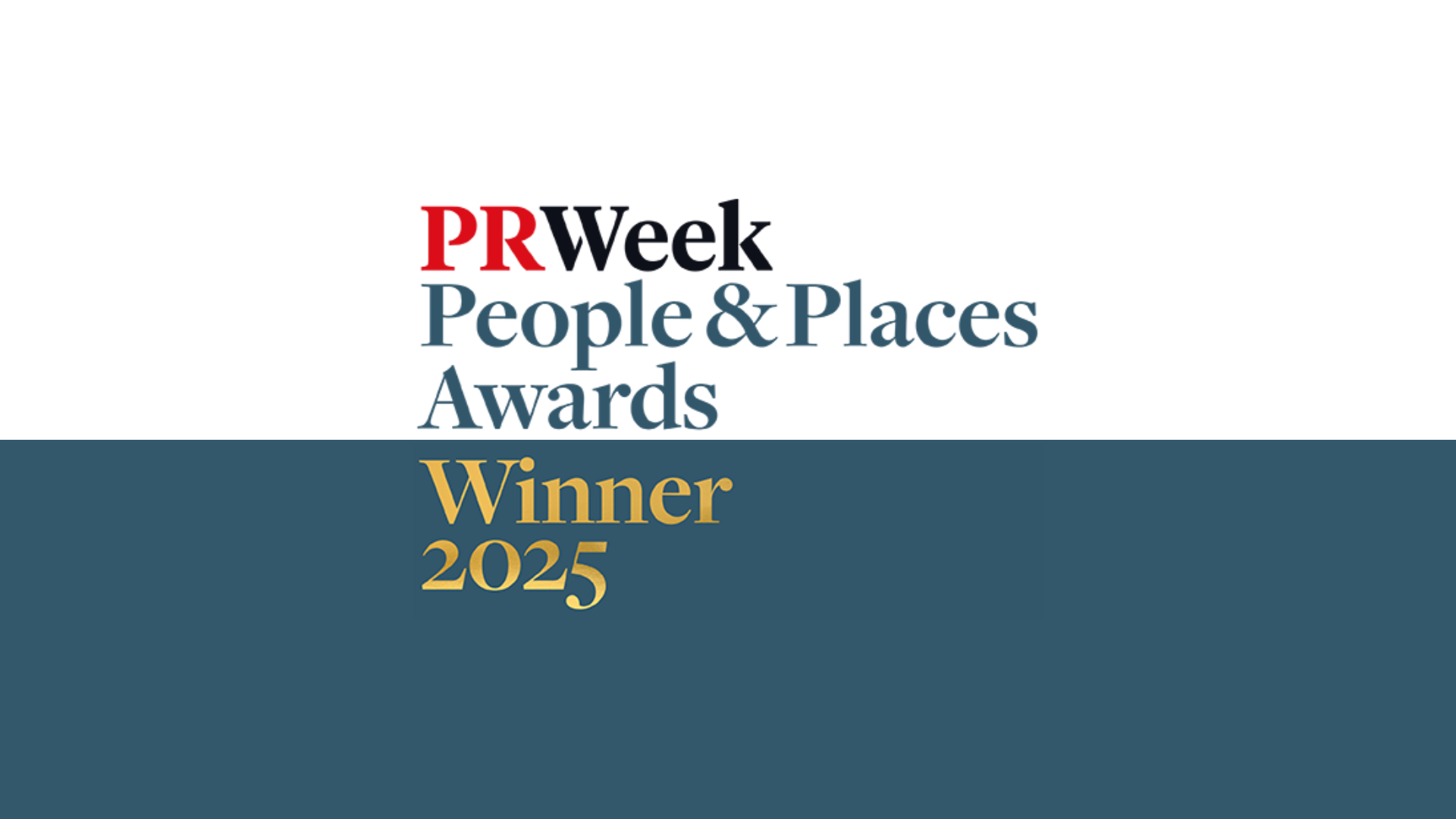The shift towards meaningful measurement is not just an option; it’s a necessity for any PR agency aiming to thrive in today’s competitive landscape.
Demonstrating Return on Investment
Measuring success in PR provides organisations with a tangible way of demonstrating the return on investment (ROI) for their PR initiatives. By quantifying the results of PR efforts, such as media coverage, social media engagement, or website traffic, businesses can determine the value PR brings to their overall marketing strategy. This data-driven approach helps organisations make informed decisions about allocating resources and justifies PR budgets to stakeholders. In a recent survey from PRWeek and Cision, 47% of global communications professionals report to the CEO directly, having those proof points for C-suite members can really highlight value-added.
Identifying Effective Strategies
Measuring PR success enables organisations to identify the most effective strategies and tactics that drive positive outcomes. Embracing robust PR measurement requires agencies to align their efforts with overarching business objectives. This shift encourages collaboration between PR, marketing, and other departments, fostering a holistic approach that amplifies the overall impact of your campaigns. By analysing data and metrics, PR professionals gain insights into which campaigns, messages, or media channels are resonating with their target audience. This information allows them to refine their PR strategies, optimise future campaigns, and ensure they are investing in the most impactful channels, resulting in better overall results.
Building Credibility and Trust
A 2020 survey revealed that marketing teams are on average more effective in impressing the C-suite compared to their PR counterparts, boasting an impressive 75% effectiveness rate in showcasing their value compared to PR with a much lower 25% effectiveness rate. Measuring success in PR helps organisations build credibility and trust with their audience, stakeholders, and the media. When organisations can showcase the positive outcomes of their PR efforts, such as favourable media coverage or increased brand reputation, it enhances their credibility in the eyes of the public. This, in turn, strengthens trust, improves brand perception, and fosters positive relationships with key stakeholders, including customers, investors, and senior leadership.
Crisis Management and Reputation Protection
In times of crisis, measuring PR success becomes even more critical. By monitoring and analysing media coverage, sentiment analysis, and social media conversations, organisations can assess the impact of a crisis on their brand reputation. This data-driven approach allows PR teams to gauge the effectiveness of their crisis management strategies, identify areas for improvement, and take proactive measures to mitigate negative publicity. Measuring success in PR during crisis situations helps organisations protect their reputation, regain trust, and navigate challenging times more effectively.
Competitor Analysis
Effective PR measurement goes beyond counting media mentions. By leveraging advanced analytics tools, PR professionals can gain deep insights into audience behaviour, sentiment trends, and the correlation between PR initiatives and business outcomes. This data-driven approach empowers agencies to make informed decisions, refine strategies, and optimize resource allocation for maximum impact.
Looking Forward
Measuring success in PR is no longer optional; it is an essential practice for organisations to evaluate their PR efforts effectively. By quantifying results, identifying effective strategies, building credibility, and managing crises, measuring PR success empowers organisations to make informed decisions, enhance their reputation, and achieve their communications goals.
To best support clients, PR agencies should consider adopting a holistic approach to measurement:
- Define clear objectives: Establish specific, measurable goals that tie directly to business outcomes. This clarity will guide your measurement efforts and provide a clear roadmap for success.
- Choose relevant metrics: Ditch vanity metrics in favour of indicators that align with your goals. Metrics like audience engagement, sentiment analysis, lead generation, and conversion rates provide a more accurate picture of PR impact.
- Leverage advanced tools: Embrace technology and data analytics tools that enable comprehensive measurement and visualization of PR performance.
In conclusion, the importance of measuring success in PR cannot be overstated. It provides organisations with the means to demonstrate ROI, identify effective strategies, build credibility, and trust, and effectively manage crises. By breaking free from the confines of vanity metrics and embracing meaningful measurement, your agency can elevate its strategic impact, drive demonstrable results, and foster a culture of continuous improvement.














